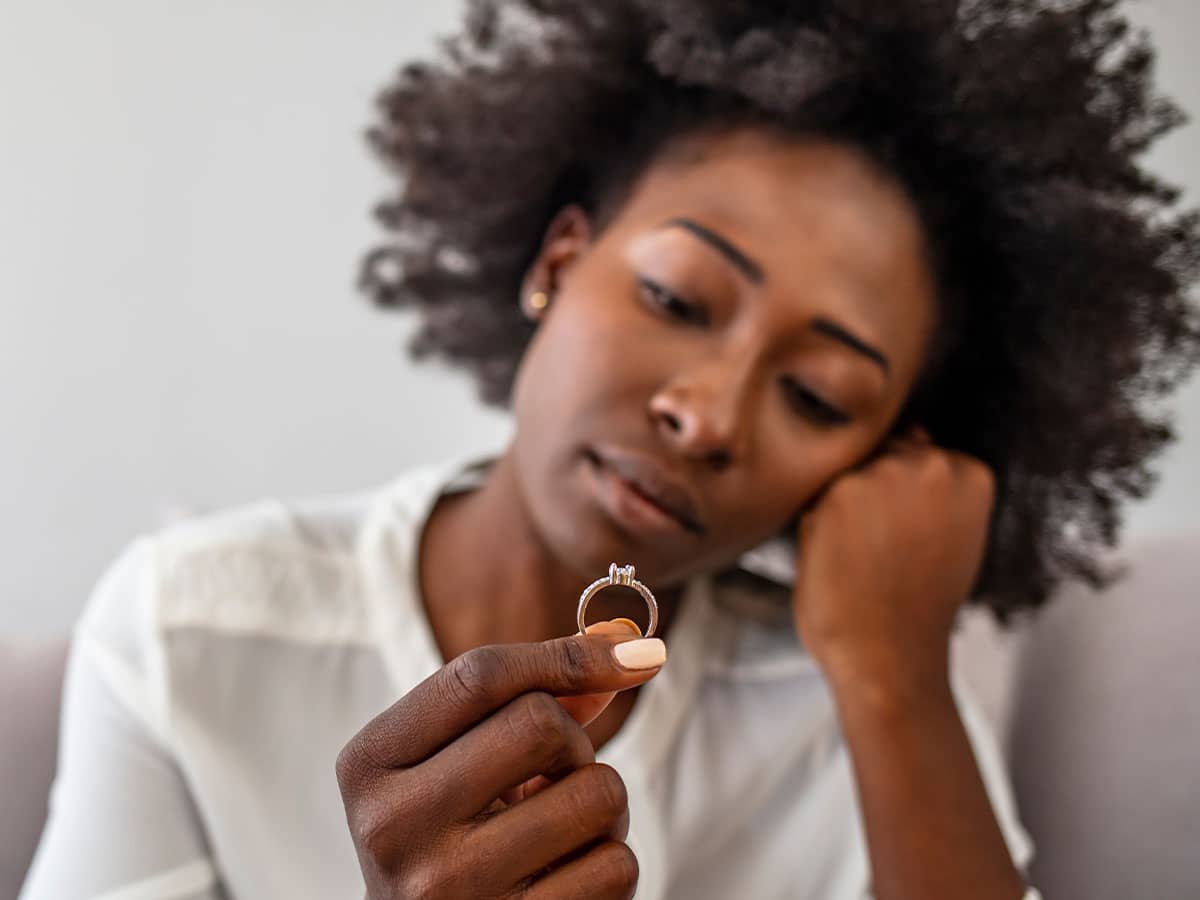
Sometimes, even Cupid misses the mark.
Unrequited love makes for an agonizing experience. You meet a new friend, and before you know it, you’ve fallen madly in love. You couldn’t help it—it just seemed meant to be. But as soon as you profess your love, you realize the truth: this person doesn’t return your feelings, and likely never will.
What do you do?
This situation feels hopeless. You’ve thrown your heart at this special someone, only to have it hit a glass wall you didn’t realize was there, and now it’s slowly sliding to the floor.
But despite how it feels, you’re not without hope. Time truly does heal, and while you might need a lot of it, you’ll make it through.
The problem is that, after a brush with unrequited love, many people make decisions that make recovery more difficult. They obsess over what could be, isolate themselves, or even stalk. These behaviors keep us from moving on with our lives.
But there are a few key decisions you can make that will speed your recovery—this process won’t be easy, but you’ll be stronger for it in the end.
Let’s take a look at a few ways you can get past unrequited love and start living again.
Realize That You’re Not at Fault
Rejection hurts, and when it comes to love, rejection feels deeply personal. This isn’t our work being rejected, as is the case with a job application or a student essay. This is a rejection of your deepest self, of everything that you who you are.
And that hurts like nothing else.
But realize this: just because someone doesn’t love you doesn’t mean you’re unlovable. Repeat that to yourself as necessary.
This isn’t about you being lovable or unlovable. In reality, this isn’t about you, at all. This is about the other person’s preferences. They cannot help what they’re attracted to, nor can they control who they fall in love with. It simply didn’t happen for them.
You’re still the same wonderful, unique, and awesome person you were before. This experience is still painful, but if you can reframe your unrequited love as a problem of preference rather than considering yourself to be unlovable and at fault, you’ll speed your healing process considerably.
Shift Your Focus
Once you’ve accepted the fact that you’re not at fault for someone else’s preferences, it’s time to speed your recovery by shifting your focus onto other parts of your life.
The worst thing that you can do right now is to drop, even temporarily, your hobbies, passions, and dreams. Stick with them. Better yet, throw yourself into them with your full heart—it needs something to keep it occupied for a while, after all.
And if you find yourself lacking a dream to pursue, try this: make a list of things you’ve always wanted to do. Go ahead—write them down.
Now pick the best and go after it. Break your goal down into small, achievable steps. Always wanted to play violin? Find a tutor, rent an instrument, and get to it. Have a thing for travel? Plan out a weekend road trip to a nearby attraction and just go. You can do it!
You’ve been thinking of someone else for long enough. Now is the time to shift your focus onto yourself and your own personal growth.
It’s easy to leave yourself behind when you’re in pain, but don’t give in—keep moving, growing, and changing for the better, and you’ll set yourself on the road to recovery.
Find Support
Everybody needs support when they’re down, and it’s important to be able to deal with your feelings appropriately. Friends, family, and even mental health professionals—are here to help.
It’s tempting to run away from these people while dealing with unrequited love—after all, you may be dealing with shame and embarrassment. But don’t do this. Those who love, value, and understand you will think no less of you, and want to help.
Each of the people in your life is capable of helping you in their own unique ways, and so make sure you go to everyone you trust. And if your emotional situation is dire—especially if you’re having thoughts of harming yourself—seek help from a mental health professional. There’s no shame in this, and they’re happy to help.
Don’t forget the people around you when you’re hurting. They’ve likely already noticed, and are ready to become just the support structure you need as you recover from your bout with unrequited love.
Accept Reality as it Is
Finally, the ultimate kindness you can pay to yourself—and your broken heart—is to make an effort to accept reality as it is.
As John 8:32 says, "The truth will set you free." And this doesn't just mean spiritual truth—accepting what is true in all parts of our lives does, indeed, set us free from much suffering by keeping us from focusing on the "what ifs."
This is a powerful concept that can help you heal. Make an effort to focus on the possibilities given to you by unrequited love, rather than lingering on the idea that your love might one day be returned. Being single has its benefits, after all.
Whenever cravings for your not-so-special someone arise, purposefully replace those thoughts with thoughts of the new opportunities before you. You can travel to new places, meet new people, and eventually even cultivate love with someone new.
This is reality. It’s exciting, hopeful, and beautiful. As hard as it may be to focus on this, try it. You might be surprised at the effects of acceptance.
Moving On
A broken heart can take months to heal, if not years. These feelings don’t fall away easily, and dealing with them properly takes effort.
But you can. If you take the blame off yourself, shift your focus onto improving your life, reach out to your loved ones, and accept things as they are—good and bad—you’ll heal. Your heart will mend.
And when it’s mended, you’ll be ready to give it to the one who is truly right for you.

